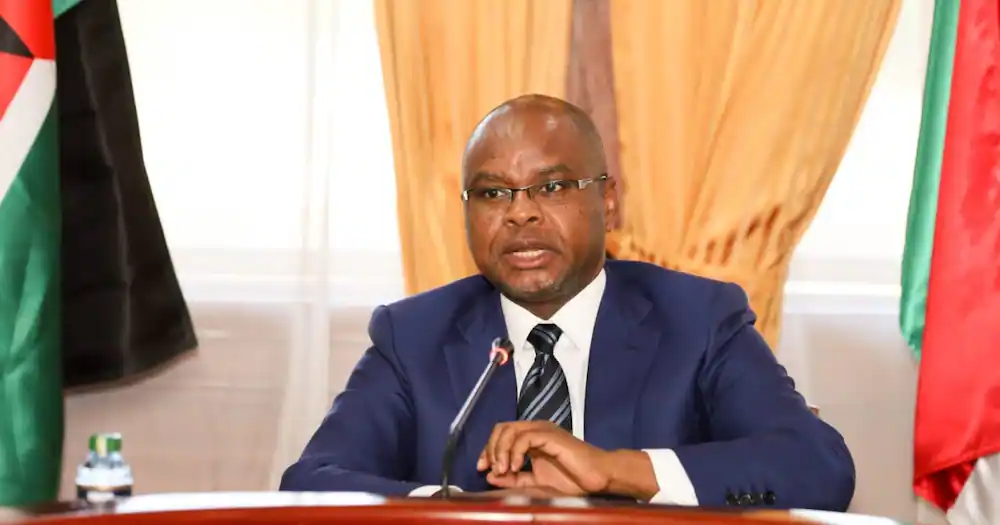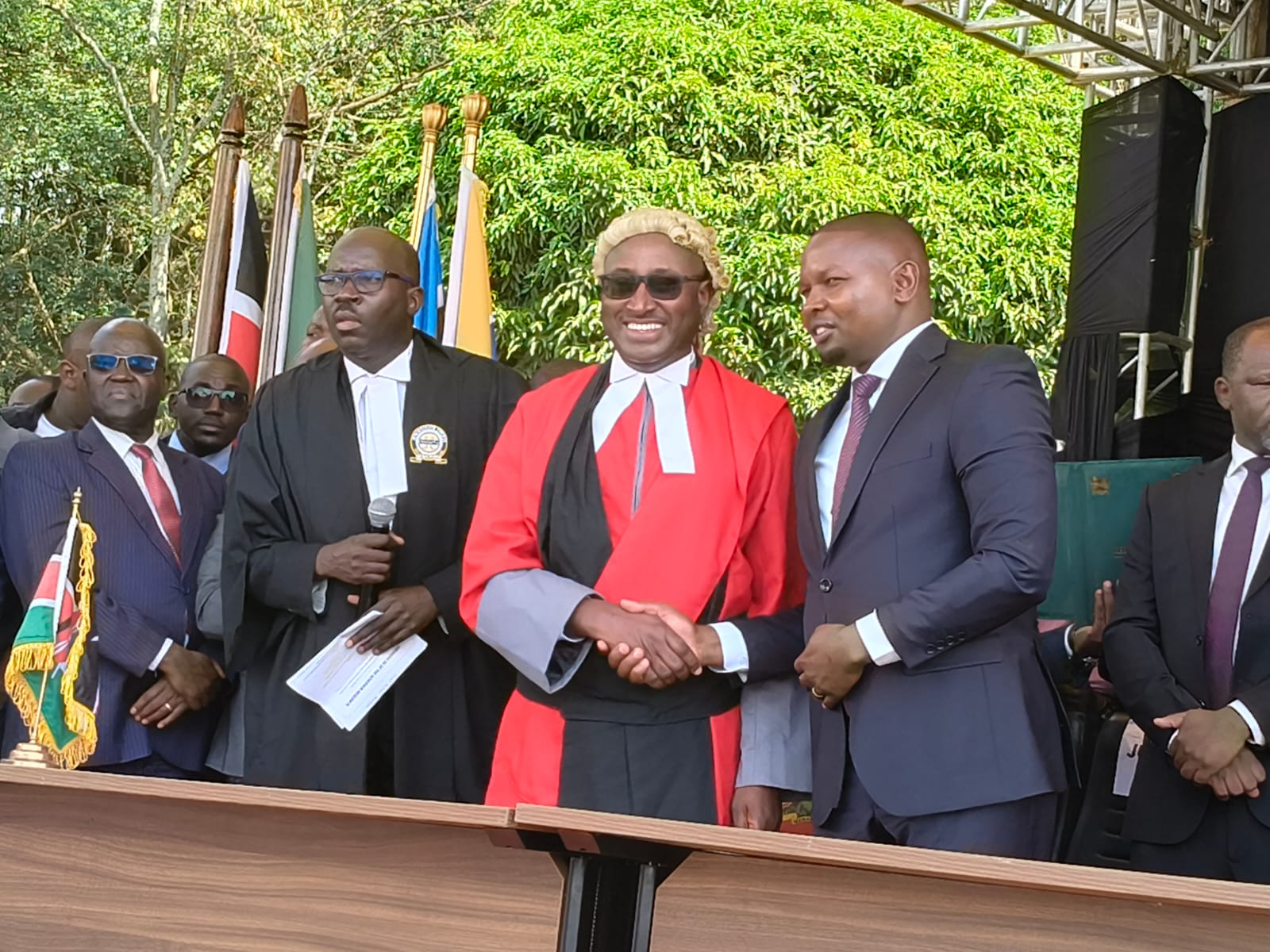By The Weekly Vision Team
Senate Speaker Amason Kingi is between a hard place and a rock after the PAC overwhelmingly ruled that he should face the committee to account for Ksh. 140 billion he received in the form of revenue allocations for the 10 years he served as the governor of Kilifi County.
Speaker Kingi and Azimio-allied senators have never had a good relationship, despite claims that he favors Kenya Kwanza-allied senators. Initially, there were speculations that Azimio senators were planning a censor motion to discuss the speakers’ conduct, but that never saw the light of day after the senators realized they did not have the numbers. The latest move by the Azimio-allied senators to subject their speaker to appearing before them is likely to embarrass him.
Governor Gideon Mung’aro seems to have thrown his predecessor under the bus by requesting the PAC summon the former governor to personally answer claims of financial misappropriation after it was discovered that during his tenure, he approved payment of Ksh. 47,173,909 for the hiring of a private legal consultant. The approval of the County Executive Committee’s written request to engage the services of legal consultants and details of the legal matters handled are missing. Governor Mung’aro was elected on an ODM ticket.
According to a report by the Auditor General, procurement documents relating to the provision of the services were not provided for audit. In addition, the engagement of a legal consultant was contrary to Section 16 of the Office of the County Attorney Act, 2020, which provides that a department or public entity established within a county executive shall not engage the services of a consultant to render any legal services relating to the functions of the county attorney.
In the circumstances, the regularity of the legal services expenses could not be confirmed, hence the basis of PAC’s invitation to Kingi to shed light on the same. Also under investigation is a doubtful legal fee for the drafting of a revenue collection agreement where the Executive contracted a law firm to draft an agreement for the collection of cess and parking fees in Kilifi County by a company, which was signed on February 20, 2014, by the County Government of Kilifi.
However, there are no documents or documentary evidence to support the procurement process for the contract. In addition, management did not provide documents to confirm the legal fee of Ksh. 1,010,600,700 was based on the Advocates (Remuneration) (Amendment) Order, 2014.
Further, on May 24, 2022, the law firm raised a fee note of Ksh. 1,010,600,700 for the services rendered. However, management did not explain the failure of the law firm to raise the fee note in 2014 after rendering the services to the county executive.
During the probe by PAC, Kingi will also be required to respond to claims that his administration was involved in irregular staff recruitment. According to reports, a comparison of the payrolls for July 2021 and June 2022 revealed that 321 new employees were introduced into the payroll, while the list of newly recruited staff provided during the audit indicated that the county had hired an additional 271 new staff. The variance of 50 staff between the two records was not explained. Further analysis of the new staff details revealed that the county hired two staff in positions requiring certificates of secondary education, yet they had none, while 17 staff had only secondary education certificates but were hired for positions in job groups J and above that required higher education levels.
Further, one new staff member with an undergraduate degree was placed in a grade lower than the degree entry-level. The inconsistencies were not explained. In addition, 18 county departments hired 926 casual workers against the directive of the County Public Service Board Circular No. CG/KLF/CPSB/C&CE/24/VOL.3/11 dated October 15, 2019, to the Chief Officers, which directed all county chief officers to immediately stop any further hiring of casual workers.
During the probe, Kingi will also be required to explain the circumstances under which his administration paid Ksh. 3,914,000 directly to police officers engaged in executing a court order, contrary to Section 104(3) of the National Police Service Act, 2011, which provides that monies paid for the private use of the police as specified in the Act shall be paid to the National Treasury.





